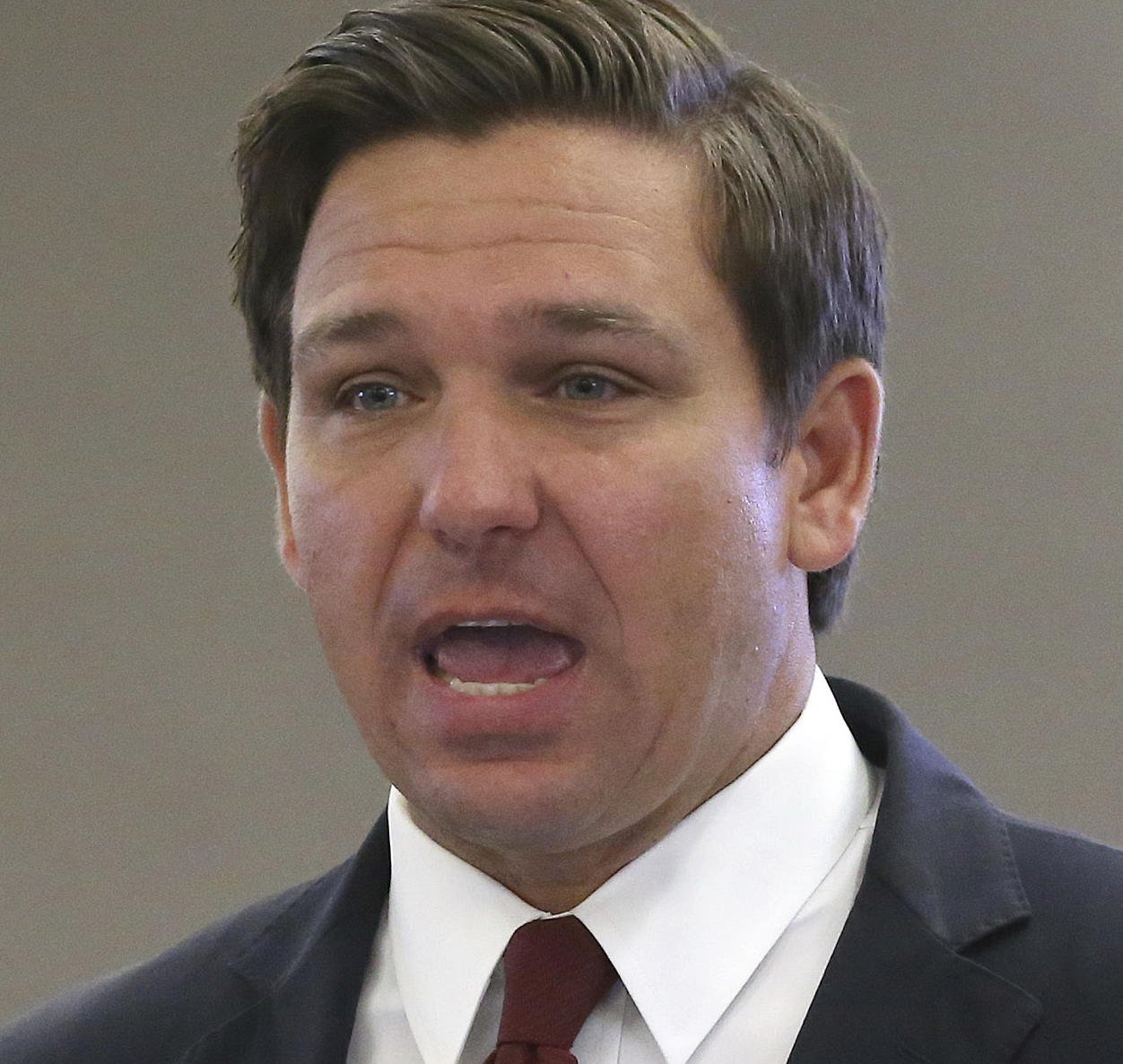More access mental health/substance abuse treatment
Ron DeSantis
"He will advocate for expanded access to and early intervention of mental health and substance abuse treatment programs."
DeSant-O-Meter

Promise Kept

